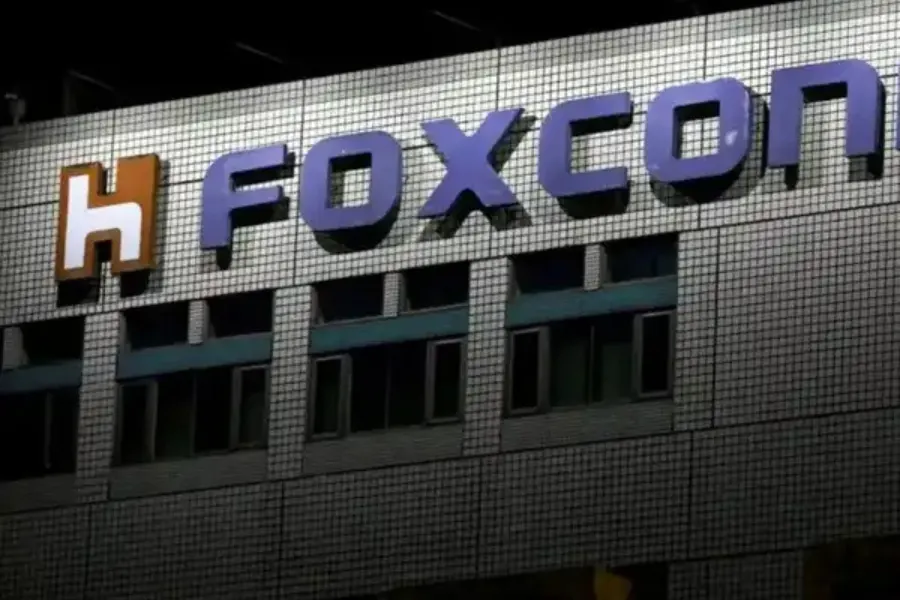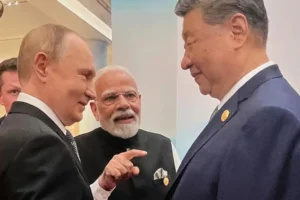
In what is an unexpected turn of events that could impede Apple’s global manufacturing ambitions, Foxconn last month displaced more than 300 Chinese engineers and technicians who had been on-site at iPhone assembly operations in India. The displacements over the past couple of months are likely to thwart the preparations for iPhone 17, according to Bloomberg.
Although the quality of the end product may remain unchanged, experts suggest that assembly line efficiency could be severely affected, maybe delaying the critical ramp-up period for the next generation of the smartphone.
A Global Manufacturing Paradigm Shift
Foxconn, Apple’s primary manufacturing partner, has been essential for the development of iPhone production in India as part of an overall effort to lessen Apple’s dependence on Chinese operations. Currently, India represents almost 20% of global iPhone manufacturing, which is remarkable for a nation that previously began producing phones at scale just four years ago.
Nonetheless, the prompt exit of important Chinese staff responsible for, among other things, line configuration and quality checks, piques concern about the fissibility of this diversification effort heading forward. Also, with only Taiwanese support staff remaining on site, it is still too soon to fully understand the impact of the missing skillsets.
Possible Geopolitical Ramifications
While the official explanation for the large-scale recall of goods remains unsubstantiated, prior reports from Bloomberg suggest that Chinese officials have been covertly discouraging the transfer of technology and equipment from China to India and Southeast Asia—something seen as a strategic response to shifting supply chains around the world.
This resonates with what seems like a greater ambition from Beijing to maintain dominance in technology. By hampering staff movement and equipment exports, I believe China is showing its displeasure at companies like Foxconn taking Chinese operations overseas.
Apple’s Reliance on China Talent
Apple may be eager to “make it in the USA”, however, Apple executives have been clear that there is an important component of their supply chain that is reliant on talent from China. CEO Tim Cook pointed out that Chinese assembly workers provide not just inexpensive labor, but also unique skills that are “critical to ensuring that production maintains the standards we expect.”
Certainly, the recent pullbacks made the situation extremely vivid. As they ramp up production ahead of the important upcoming iPhone 17 launch, any shutdown of production may put delays in deliveries or stock availability during a future product-cycle.
A Challenge for India’s Manufacturing Aspirations
Indiais currently ramping up its strategies to position itself as a global hub for manufacturing, offering incentives and simplifying regulations to attract technology heavyweights. India’s partnership with Foxconn and Apple was seen as a validating step in this direction.
However, recent reports concerning business suggest that disentangling from China’s established technological ecosystem will be difficult. The sudden shortage of critical personnel may threaten the survivability of India’s nascent electronics manufacturing sector.
It also raises questions about the feasibility of Apple’s plan to move most of its U.S. iPhone assembly to India by 2026. Without enough support for technical personnel or training, the timeline for a complete transition may rate revision.
What is the path forward for Apple and Foxconn?
Foxconn is forging ahead with the construction of its plant in southern India, which will presumably take a large part of the new iPhone assembly. while the company has not officially announced an engineer recall, it is probably examining its operational processes and will have to regard contingencies—such as it may have to consider training local Indian or redistributing Taiwanese and other non-Chinese personnel.
The withdrawal of more than 300 Chinese workers from Foxconn’s work in India is more than just a staffing adjustment; it is a milestone in the global re-mapping of tech manufacturing. While India is a key part of Apple’s broader diversification strategy, latest news on business illustrate the continuing struggles to replicate China’s technological competency in other areas. The next few months will prove important for Apple as it moves forward with iPhone 17 production and new restrictions.








hze4fj
Can you be more specific about the content of your article? After reading it, I still have some doubts. Hope you can help me. https://www.binance.info/es/register?ref=RQUR4BEO
**mitolyn reviews**
Mitolyn is a carefully developed, plant-based formula created to help support metabolic efficiency and encourage healthy, lasting weight management.
Your point of view caught my eye and was very interesting. Thanks. I have a question for you.